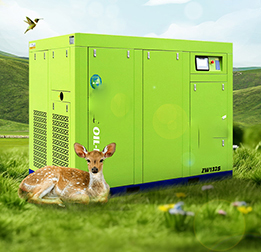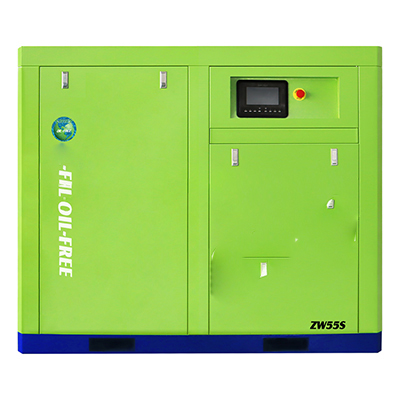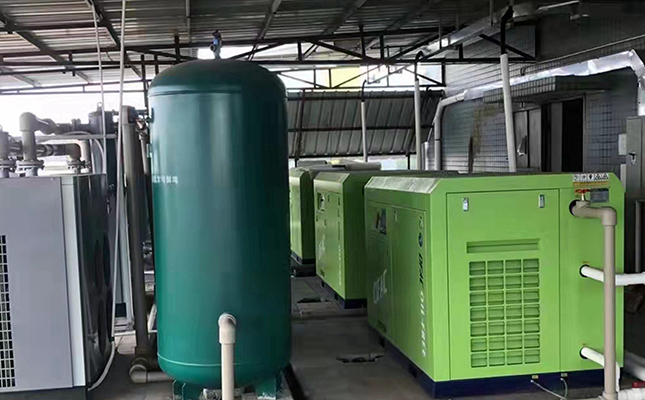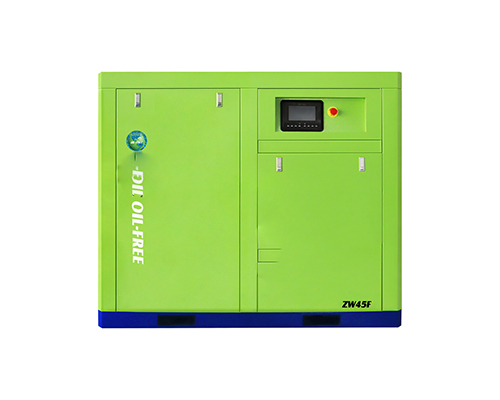medium pressure air compressor filter replacement schedule to maintain clean air output
News 2025-10-24
Medium pressure air compressors are essential in industrial environments, powering tools and processes across sectors like manufacturing, pharmaceuticals, and food production. These systems rely on filters to remove contaminants from incoming air, ensuring that the output remains clean and suitable for sensitive applications. Dirty filters can lead to reduced efficiency, increased energy use, and potential contamination, which may compromise product quality or safety. Developing a targeted replacement schedule is vital for sustaining optimal performance and longevity of the compressor, particularly in settings where air purity directly impacts operations.

Factors Influencing Filter Durability
The lifespan of filters in medium pressure air compressors depends on several variables, including environmental conditions and operational demands. In dusty or humid settings, filters accumulate debris faster, necessitating shorter replacement intervals compared to cleaner environments. Compressor usage patterns also play a role; units running continuously may require filter changes every few months, while intermittent use could extend this to six months or more. Filter type matters too—particulate filters might last longer than oil-removing variants. Monitoring pressure differentials can help identify when replacement is due, preventing inefficiencies before they escalate.
Standard Replacement Timelines
Guidelines for filter replacement typically align with manufacturer suggestions but should adapt to specific conditions. For medium pressure compressors operating between 100 and 150 psi, intake filters often need changing every 500 to 1000 operating hours or semi-annually, depending on air quality. Coalescing filters, which handle moisture, might require attention every 2000 hours, while air/oil separators could last up to a year under ideal circumstances. In high-stakes industries like electronics or healthcare, more frequent changes—potentially quarterly—are advisable to maintain stringent cleanliness standards. Regular assessments ensure the schedule remains effective and responsive to real-world use.
Performance Gains from Routine Changes
Adhering to a filter replacement schedule enhances compressor reliability and output quality in industrial processes. Clean filters promote better airflow, reducing strain on the system and cutting energy consumption, which translates to cost savings. They also minimize the risk of contaminants entering production lines, safeguarding product integrity and reducing defect rates. By avoiding blockages, regular maintenance prevents unexpected shutdowns, supporting continuous operations and extending equipment life. This approach not only boosts efficiency but also contributes to safer, more sustainable industrial practices.
Strategies for Effective Schedule Management
Implementing a filter replacement plan involves integrating it into broader maintenance routines for maximum impact. Begin by consulting compressor documentation for baseline intervals and adjust based on site-specific factors like air purity and runtime. Use digital tools or logs to track changes and set reminders, ensuring consistency. Train staff on inspection techniques and the importance of timely interventions to foster a culture of proactive care. Periodic reviews of the schedule, informed by performance data, help refine it, ultimately ensuring reliable clean air delivery and optimal system health.


